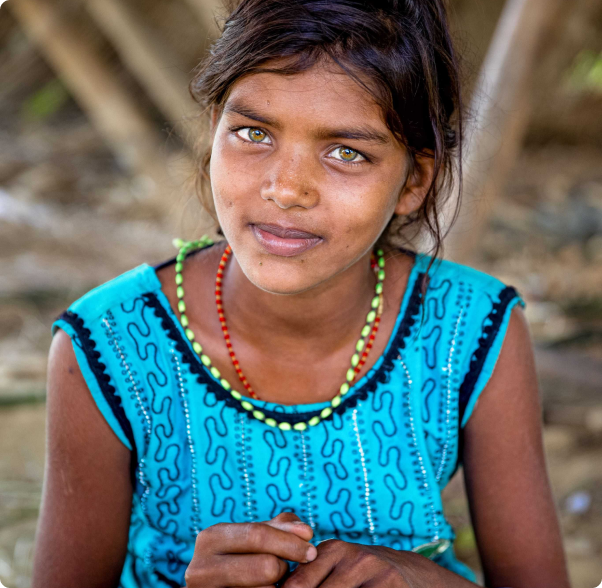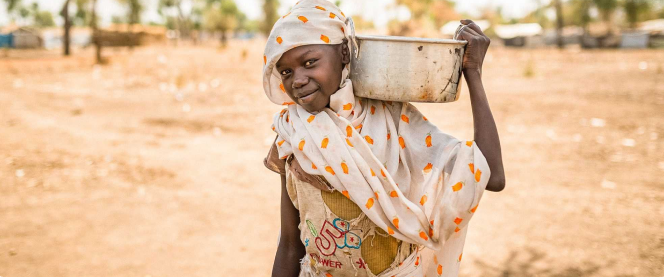Summary
The breathtaking majesty of the Alps, stunning blue lakes, historic medieval cities, and pastoral farming communities combine to give Switzerland its world-renowned natural beauty that draws admirers from around the world. Over 700 years of history as a nation only magnifies its allure. German, French, Italian, and Romansch are all official languages. Linguistic and cultural diversity are accentuated by the distinctions between life in the mountain valleys and the densely populated cities. Today it is home to the highest proportion of foreign residents of any major state in Europe.
Founded in 1291, Switzerland is one of the world’s oldest existing republics. Its position in central Europe and its centuries-old neutrality have allowed the nation to become one of the wealthiest in the world, with one of the highest per person incomes. The successful and industrialized economy is largely based on trade, tourism, and banking. Pressure from the European Union (EU) and the United States has forced historically secretive Swiss banks to share account details in order to combat tax evasion. Switzerland has long retained a strong and unique commitment to neutrality, even throughout two world wars waged around it. Its system of direct democracy, where citizens have more power than in a representative model, is unparalleled in any other country. Though it is one of the few countries in western Europe to not join the EU, Switzerland maintains treaties that allow for the free movement of goods, services, capital, and people. This has led to a rapid growth in population, making it difficult to regulate the influx of immigrants that now make up a quarter of the population.
Switzerland’s rich Christian heritage is represented by great reformers such as Ulrich Zwingli, the father of the Swiss Reformation, and John Calvin. Historically, this nation was greatly divided between Catholicism and Protestantism. Immigration has led to an increase in many other religions such as Islam (6%), as well as 15% who claim no religion at all. The cultural norms of wealth, spiritual indifference, and vague religious commitment have all greatly hindered the Church, leaving very few who have a Biblical understanding of Christianity. Many youth are experimenting with eastern religions and even the Occult. Both Catholic and Reformed churches face decline amid increasingly liberal theology. Yet active movements for renewal exist, and a fresh commitment to evangelism is growing. Vibrant youth ministries and evangelical churches are working hard to adapt to a changing culture and better reach those disinterested in traditional models of the institutional church.




